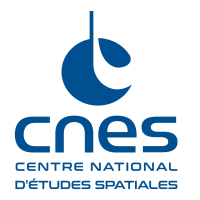Themis is a programme to demonstrate a low-cost reusable first stage for Europe’s future launch vehicles.
Key information
| Mission | Prototype a future reusable low-cost first stage for Ariane |
|---|---|
| Domain | Space transportation |
| Start date | 2019 |
| Partners | ESA, ArianeGroup, SSC, Almatech, SABCA, APCO, GMV and many other partners under the SALTO strand of the project, funded by the European Union (Horizon Europe project SALTO consortium | SALTO (salto-project.eu)) |
| Where | Vernon, Les Mureaux, Kiruna |
| Lifetime | 6 years |
| Status | In development |
Key figures Themis T1H prototype
- 28 m high
- 3.5 m across
- 1 PROMETHEUS engine
- 30 tonnes: prototype dry mass
Key milestones
- After 2025: Low-altitude hop flights at Kiruna (Sweden) and addition of new technologies, extending the flight envelope
- 2025: Combined tests at Kiruna (Sweden)
- 2024: Assembly of T1H prototype, Testing of pad robots
- 2023: Hot-fire tests of first PROMETHEUS engine, T1H prototype leg deployment test, Strike Mk2 LOX/LCH4 tank filling test
- 2020-2022: Tank filling and operations testing
- 2019: Concept created by ArianeWorks (CNES-ArianeGroup), Project approved at ESA Ministerial Council meeting
Project in brief
Themis was initially conceived by ArianeWorks, a joint CNES/ArianeGroup innovation platform that operated from 2019 to 2022, as a precursor of the first stage of the future Ariane Next launcher that will succeed Ariane 6. A first development and testing phase got underway under contract with ESA in 2020.
This first phase conducted functional testing on LOX/LCH4 fuel tanks (T0 test campaign) and developed a stand for hot-fire testing of the first PROMETHEUS engine, developed by ArianeGroup for ESA.
A second phase, carried out under contract to ESA, consisted of developing, testing and assembling the first European prototype of a reusable LOX/LCH4 stage capable of performing a low-altitude flight ('hop test'). This T1H version of Themis, standing 28 metres tall, is powered by a first version of PROMETHEUS. T1H hop tests will be conducted from Launch Complex-3 at the Esrange launch base in Kiruna for the European Union’s SALTO programme.
This step will enable testing of numerous key technologies for future reusable launchers, such as the landing system, guidance, navigation and control (GNC), health monitoring and the use of robots to make the launcher safe after landing.
New and even more ambitious demonstration steps employing optimized technologies are planned starting in 2026.
The programme is addressing economic, technological and environmental goals. Within the Ariane series’ broader ecodesign strategy, Themis is intended to validate solutions that will reduce the environmental footprint of future generations of launchers, for example by using methane propellant biosourced locally in French Guiana.
CNES’s role
CNES was the originator of the project with ArianeGroup through the ArianeWorks innovation platform.
CNES is assisting ESA and providing it with technical support.
For the SALTO project, CNES is coordinating the ground segment work package and in charge of developing a 3D modelling and visualization tool for operations in Kiruna to assist design phases. CNES also contributes to the test campaigns.
Contacts
Project Leader
Elisa Cliquet Moreno
E-mail: elisa.cliquet at cnes.fr
Head of Space Transportation Strategy
Philippe Pujès
E-mail: philippe.pujes at cnes.fr


